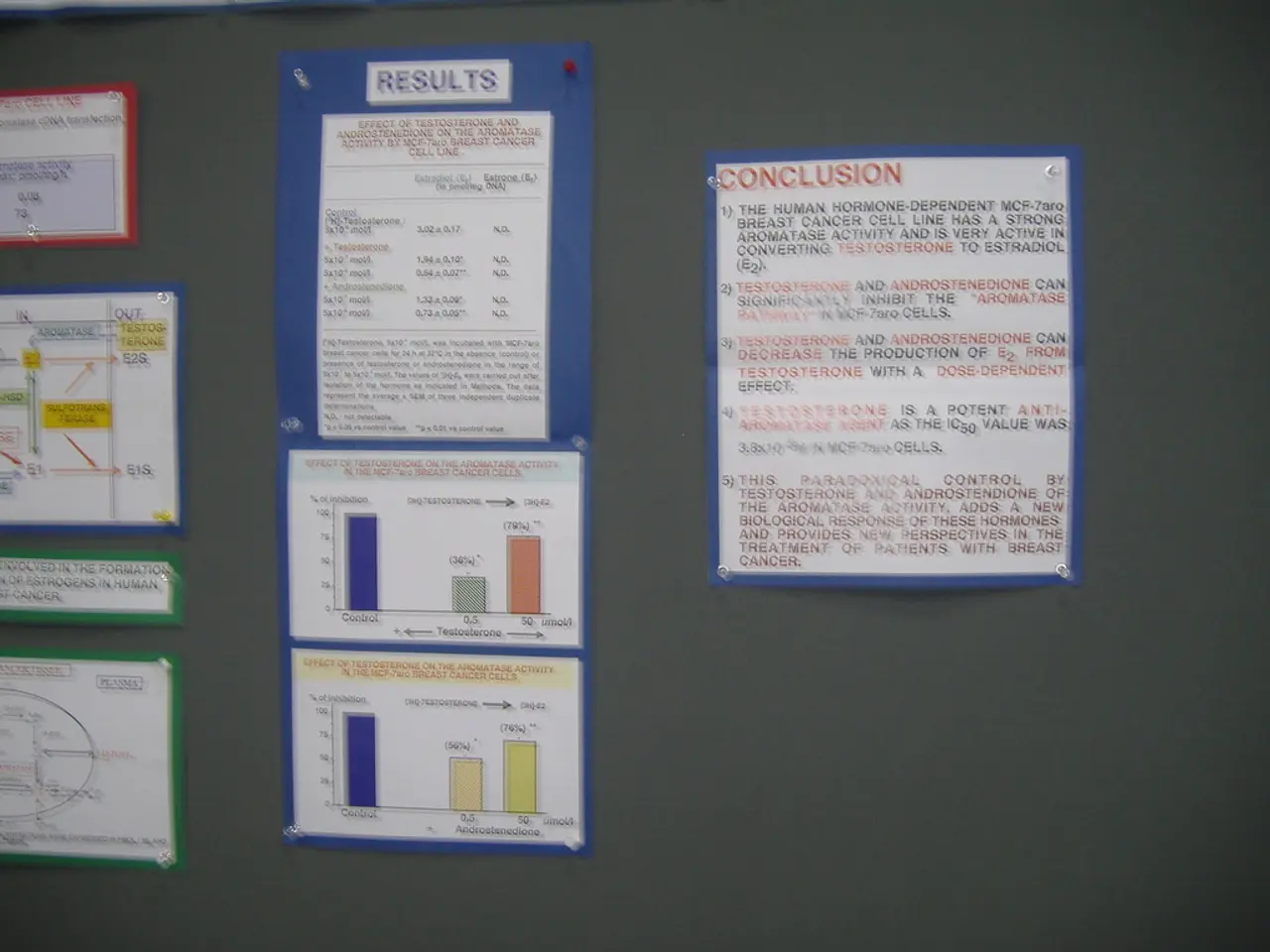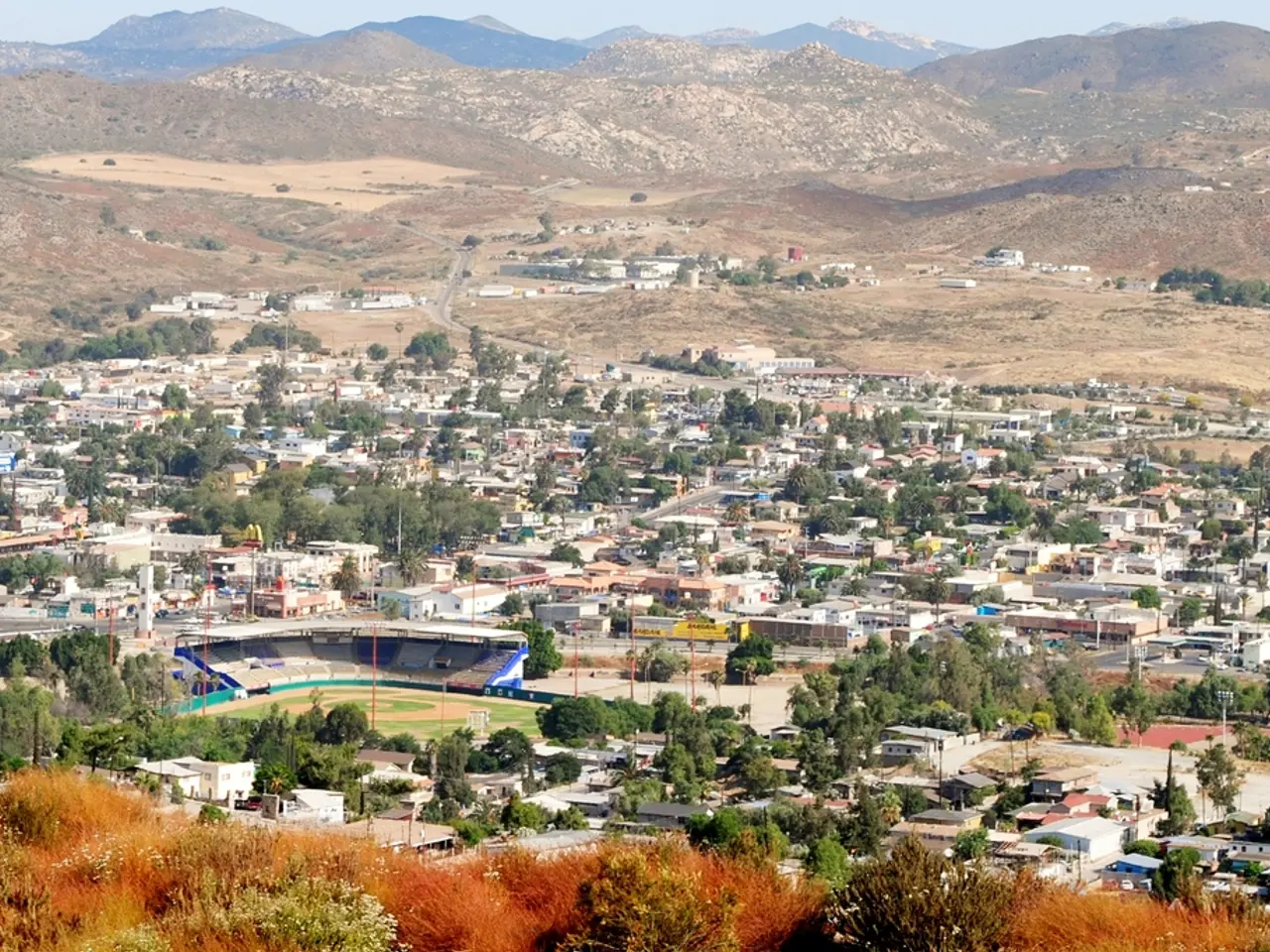Russia launching assault on natural gas facility in Odessa, according to Selensky
In a move that could escalate tensions between Russia and Ukraine, a drone strike targeted a critical gas infrastructure facility in Ukraine's Odessa region on August 6, 2025. The attack, confirmed by the Ministry of Defense in Moscow to the Russian news agency Tass, has caused significant disruptions to gas supplies and raised concerns about Europe's energy independence.
The targeted facility is a key part of the Trans-Balkan gas pipeline route, which connects Greek LNG terminals with Ukrainian gas storage and also supplies test volumes of Azerbaijani gas from the United States. The attack destroyed production equipment and damaged infrastructure, causing a gas supply cut-off to about 2,500 homes in the region. The fire resulting from the strike was so intense it was visible from Romania and Moldova.
The compressor station is vital for Ukraine’s winter gas preparations and Europe’s efforts to diversify away from Russian gas. Ukrainian President Volodymyr Selenskyj has described the attack as an attack on civilian infrastructure and a warning signal to Europe, which plans to cease Russian gas imports by 2027.
The strike poses a serious threat to Europe’s energy independence by targeting alternative gas supply routes. Specialists are currently assessing the full extent of the damage and its impact on winter energy security. The attack appears to be a retaliatory strike linked to recent Ukrainian strikes on Russian refineries, reflecting the ongoing strategic conflict over energy infrastructure in the region.
Meanwhile, the ongoing conflict in Ukraine continues to strain relations between Russia and the West. Ukrainian President Selenskyj has called on Washington and other Western allies to increase pressure on Russia in the Ukraine war. However, some political analysts suggest that US President Donald Trump may have "overplayed his hand" in his dealings with Russia.
In a related development, Russian President Vladimir Putin has met with US special envoy Steve Witkoff in Moscow. The meeting is expected to discuss a range of issues, including the ongoing conflict in Ukraine and the possibility of an air weapons ceasefire.
As the situation in Ukraine remains volatile, the international community continues to monitor developments closely and assess potential responses. The attack on the gas infrastructure facility in Odessa underscores the need for a diplomatic solution to the conflict and a commitment to preserving Europe's energy security.
[1] Tass News Agency (2025). Russian Ministry of Defense confirms drone strike on Ukrainian gas infrastructure. [online] Available at: https://tass.com/defense/1298467
[2] BBC News (2025). Drone strike hits Ukrainian gas infrastructure in Odessa. [online] Available at: https://www.bbc.co.uk/news/world-europe-62499101
[4] Reuters (2025). Drone strike on Ukrainian gas infrastructure raises concerns about energy security. [online] Available at: https://www.reuters.com/world/europe/drone-strike-ukrainian-gas-infrastructure-raises-concerns-energy-security-2025-08-06/
[5] Ukrainian Presidential Press Office (2025). President Zelensky calls for increased pressure on Russia in the Ukraine war. [online] Available at: https://www.president.gov.ua/en/news/zelensky-called-for-increased-pressure-on-russia-in-the-ukraine-war
- The attack on the Odessa gas infrastructure, part of the Trans-Balkan gas pipeline, could significantly affect community policies related to energy supply, as Europe's energy independence and diversification efforts are under threat following the drone strike.
- As political tensions between Russia and Ukraine escalate, with Ukraine planning to cease Russian gas imports by 2027, the ongoing war-and-conflicts and general-news issues in the region could impact employment policies within related energy sectors, particularly in terms of job security and investments in alternative gas supply routes.







